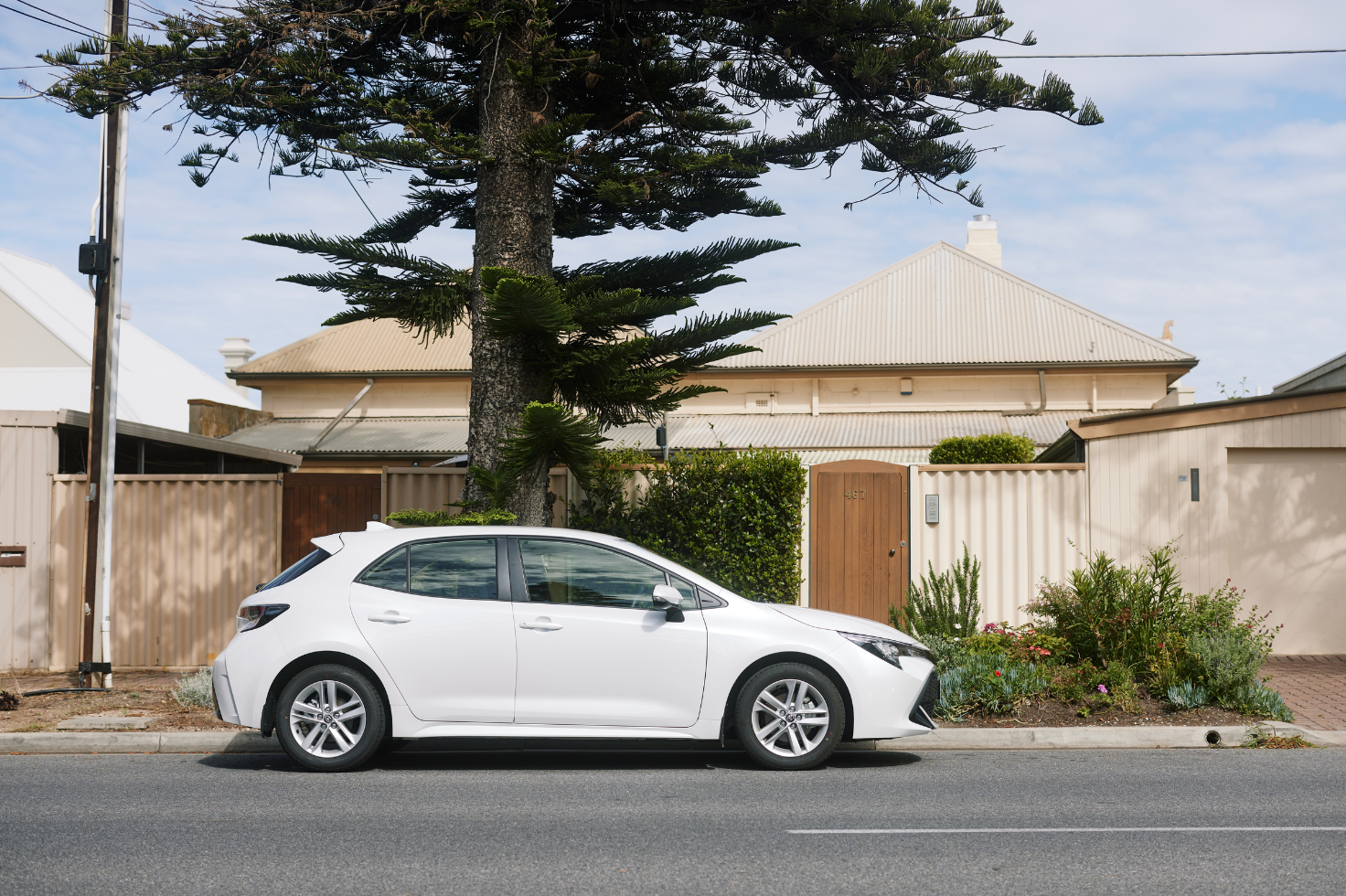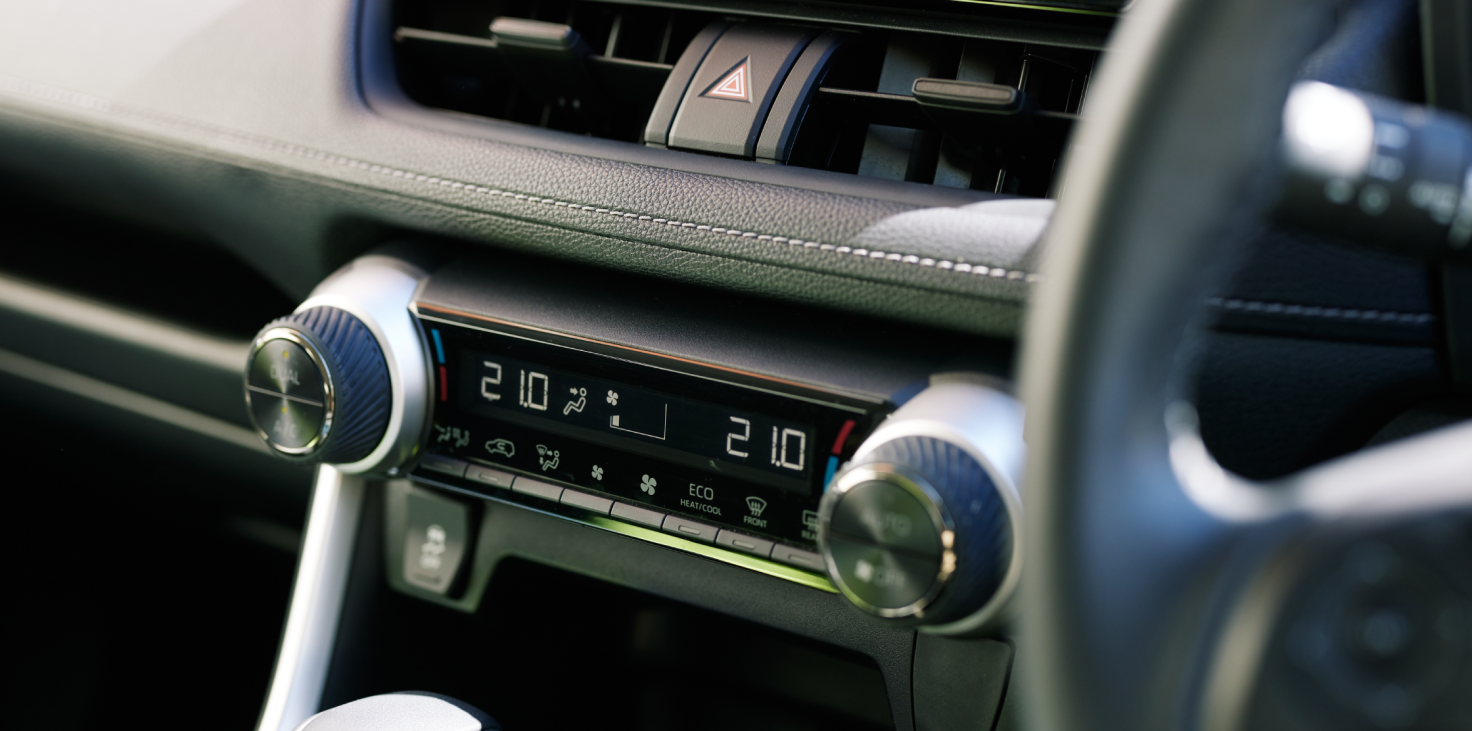This article was originally published in October 2021 and has been updated.
Share this story:
In the market for a used car? We’ve pulled together 6 tips to help you through the process so you can find a car you can love for years — and kilometres — to come.
Newer cars usually have better ANCAP safety and emission ratings, and more advanced technology. But older cars can be a little lighter on the wallet. Explore your options both online and offline to get a sense of the specifications, features and prices of different aged cars, and compare cars of the same make, model and year.
You can also visit how safe is your car, an online service for car buyers that provides independent information about the safety of new and used cars on the Australian market.
Test drive any used car you’re considering buying and inspect the internal and external condition of the vehicle to determine whether anything needs to be repaired or replaced. Ideally, inspect the car during the day so you can see everything clearly.
Electronics
Check brake lights, hazard lights, headlights and windscreen wipers are all working effectively.
Exterior
Inspect the paintwork and body of the vehicle for chips, scratches and rust.
Tyres
Check the wear of the tyres and the condition of the spare tyre. You’ll also want to ensure there are tools and a wheel jack to replace the tyre if you need to.
Interior
Take time to check that seats, carpets, air conditioning and so on are in good and working condition. You can also check that windows and doors open and close as they should.
On your drive
Take note of any rattling or strange sounds while the engine is running. Ensure that steering and gear changes are smooth and natural, and that there’s no abnormal smoke or fumes from the exhaust.
When it comes to buying a used vehicle, you really don’t know its history until you start digging. It could have been involved in an accident and needed major repairs or still has money owing on it. Here’s a few things you can do to help get an idea of its history:
Run a check through the Personal Property Securities Register (PPSR)
Doing a car search on the PPSR can help you check if the car you’re looking to buy is recorded as debt free, stolen or written off.
Get a car history report
A car history report is a complete used car history testimony that searches all states and territory databases. It uses the Vehicle Identification Number (VIN) number, located on the registration papers and on the manufacturer’s plate in the engine compartment, to provide valuable knowledge on individual vehicles, including the car’s previous sales data, safety rating, valuation, registration details, finance owing, stolen check, written off check and odometer check. Just make sure the certificate is valid, and that any repairs noted have been completed prior to your purchase.
It’s common to buy a used car in a private sale. Just be aware that unlike purchasing a car from a dealership that offers protections like warranty and a cooling off period, private transactions can be risky because they're unregulated and don’t come with these safeties. That’s more reason why you need to be extra diligent with your checks before you buy.
All states require the seller to provide an up-to-date safety or roadworthy certificate which is a legal requirement when buying a registered vehicle. This certificate confirms that the vehicle meets minimum safety standards and requirements for this vary from state to state.
Bear in mind that only approved garages and workshops that have been granted permission by the state or territory transport department can carry out inspections.
A list of authorised inspection stations can be found on state government transport websites:
Australian Capital Territory roadworthy inspections
New South Wales safety checks, inspections and vehicle changes
Transport Victoria roadworthy tester locations
Queensland vehicle inspections
South Australia roadworthy inspection
Tasmanian vehicles and vehicle inspections
Make sure your purchase is mechanically sound. If you buy a used car, have it checked over for safety and reliability, and ensure you meet regular maintenance requirements. An NRMA car servicing centre can conduct this for you
All content on the NRMA Insurance Blog is intended to be general in nature and does not constitute and is not intended to be professional advice.


